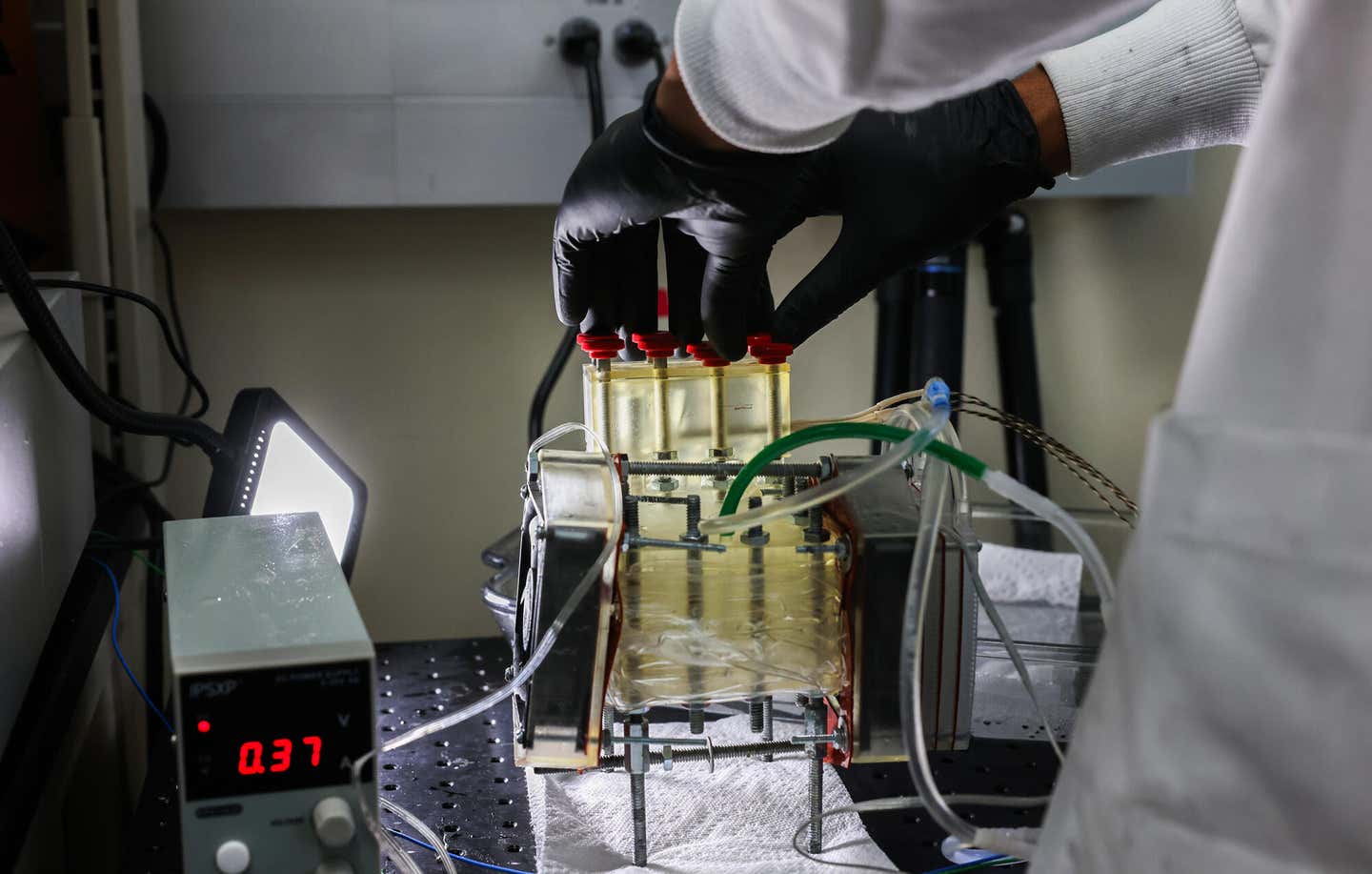The brain pays attention to unfamiliar voices during sleep
While you snooze, your brain continues to monitor the environment, balancing the need to protect sleep with the need to wake up.

[Jan 17, 2022: Society for Neuroscience]
The ability allows the brain to balance sleep with responding to environmental cues. (CREDIT: Creative Commons)
A good night’s sleep is not as simple as it appears. While you snooze, your brain continues to monitor the environment, balancing the need to protect sleep with the need to wake up.
One example of how the brain accomplishes this is by selectively responding to unfamiliar voices over familiar ones, according to new research published in JNeurosci.
Researchers at the University of Salzburg measured the brain activity of sleeping adults in response to familiar and unfamiliar voices.
Unfamiliar voices elicited more K-complexes, a type of brain wave linked to sensory perturbances during sleep, compared to familiar voices. While familiar voices can also trigger K-complexes, only those triggered by unfamiliar voices are accompanied by large-scale changes in brain activity linked to sensory processing.
Related News
Brain responses to the unfamiliar voice occurred less often as the night went on and the voice became more familiar, indicating the brain may still be able to learn during sleep.
Temporal aspects of the difference in the triggered K-complexes and micro-arousals. LEFT: The difference between UFV and FV in the number of triggered K-complexes was significant from 100ms to 800ms. RIGHT: The difference in the number of micro-arousals between FVs and UFVs was significant in the periods from 200 to 400ms, and from 500 to 700ms. (CREDIT: Ameen et al., JNeurosci 2022)
These results suggest K-complexes allow the brain to enter a “sentinel processing mode,” where the brain stays asleep but retains the ability to respond to relevant stimuli.
For more science and technology stories check out our New Discoveries section at The Brighter Side of News.
Note: Materials provided above by Society for Neuroscience. Content may be edited for style and length.
Like these kind of feel good stories? Get the Brighter Side of News' newsletter.
Tags: #New_Discoveries, #Science, #Research, #Cognitive_Science, #Brain, #Medical_News, #The_Brighter_Side_of_News
Joseph Shavit
Head Science News Writer | Communicating Innovation & Discovery
Based in Los Angeles, Joseph Shavit is an accomplished science journalist, head science news writer and co-founder at The Brighter Side of News, where he translates cutting-edge discoveries into compelling stories for a broad audience. With a strong background spanning science, business, product management, media leadership, and entrepreneurship, Joseph brings a unique perspective to science communication. His expertise allows him to uncover the intersection of technological advancements and market potential, shedding light on how groundbreaking research evolves into transformative products and industries.



